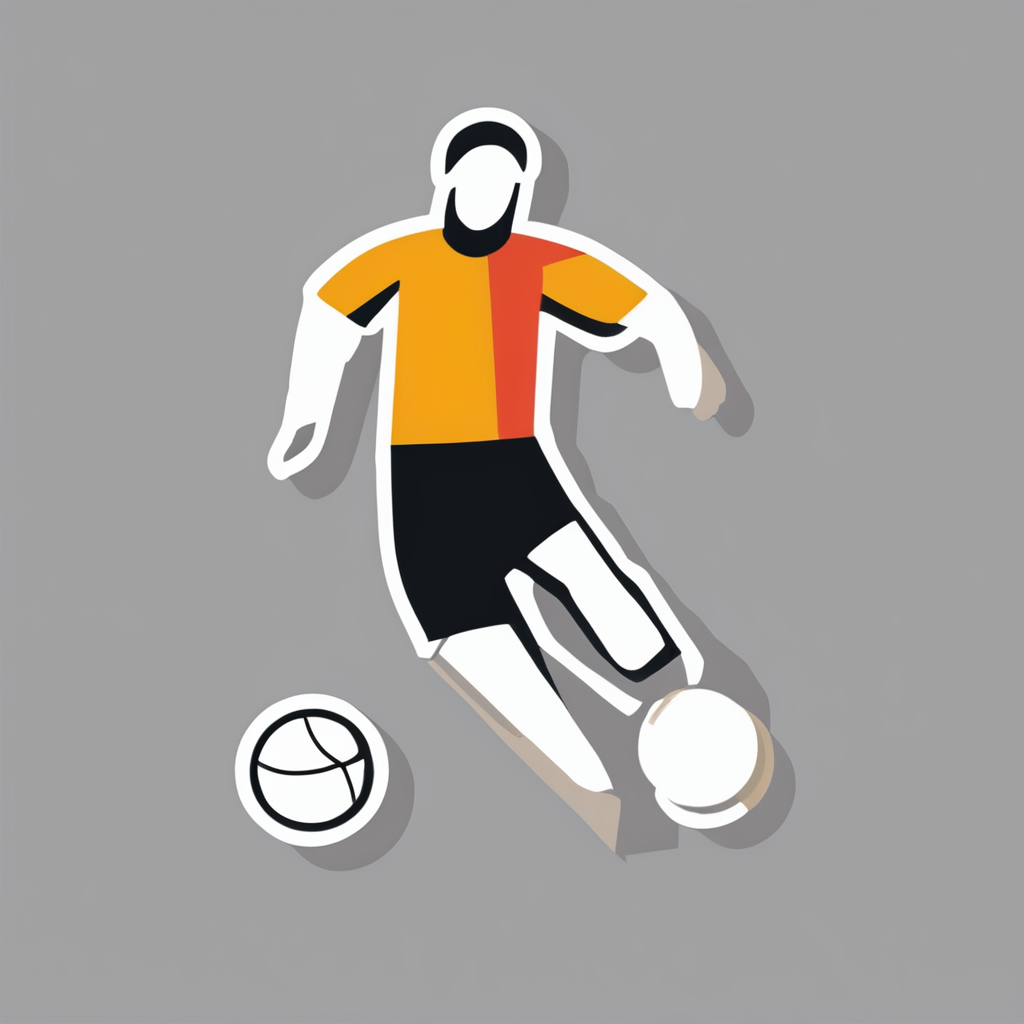Impact of UK Sports Technology on Athletic Performance
Advancing athletic capabilities through innovation
The rise of UK sports technology has significantly transformed athletic performance, offering precise data that drives targeted improvements. Innovations in wearable sensors and motion analysis tools provide athletes and coaches with real-time insights. These advancements allow for more effective training programs tailored to individual needs, directly enhancing performance.
In parallel : How Can Beginner Athletes Set Achievable Fitness Goals?
For example, motion capture systems track biomechanical efficiency, identifying subtle flaws in an athlete’s technique that were previously undetectable. Similarly, heart rate monitors and GPS devices measure endurance and intensity accurately, permitting adjustments that optimize workouts.
Evidence supports the measurable impact of these technologies. Studies have reported a 5-10% increase in performance metrics such as sprint speed and jump height among athletes who integrate tech-driven feedback. Furthermore, injury rates have decreased as early warning signs are detected through continuous monitoring.
Also to discover : What role does technology play in UK fitness training?
UK athletics innovations also include data analytics platforms that combine multiple data streams to develop comprehensive performance profiles. This holistic approach ensures that physical, physiological, and psychological factors are balanced for peak results. The ongoing adoption of UK sports technology promises to elevate athletic standards consistently, benefiting competitors at all levels.
Key Technologies Shaping UK Sports Excellence
In the UK, wearable technology and biosensors have revolutionised athlete preparation by offering real-time monitoring of vital signs such as heart rate and muscle fatigue. These devices allow coaches to adapt training plans instantly, maximising performance while reducing injury risk.
Advanced biomechanics techniques further enhance training precision. UK facilities utilise motion capture systems and force plates to analyse an athlete’s movement patterns in detail. This data helps refine technique, improve efficiency, and prevent strain by identifying biomechanical inefficiencies.
Meanwhile, sports analytics UK leverages vast datasets through machine learning algorithms. This approach reveals patterns and performance trends invisible to the naked eye. Analysts can predict fatigue, optimise recovery schedules, and even tailor nutrition plans, enhancing overall outcomes.
Performance tracking technologies integrate these tools, creating comprehensive athlete profiles. By combining wearables, biomechanical insights, and data analytics, UK sports professionals better understand individual strengths and weaknesses. This synergy propels athletes towards peak condition, driving UK sports excellence forward.
Case Studies: UK Success Stories Powered by Sports Technology
Sports technology has become a vital driver in UK football tech, revolutionising how Premier League clubs approach both tactical strategy and player fitness. Leading teams utilise advanced data analytics and wearable sensors to monitor player performance in real-time, allowing tailored training plans that reduce injury risks while maximising output. For example, GPS tracking devices capture movement patterns, helping coaches make informed decisions about positioning and stamina management.
UK Olympic training centres integrate cutting-edge equipment to elevate athlete transformation. Technologies such as motion-capture systems and biomechanical analysis optimize technique refinement, improving efficiency and power. These innovations contribute directly to medal-winning performances by providing personalised feedback not achievable through traditional coaching methods.
Individual stories underscore the power of sports tech case studies in delivering tangible benefits. Athletes who previously struggled with plateaus have achieved breakthroughs via interactive training apps and virtual reality simulations, fostering motivation and consistent progress. The ongoing collaboration between technology developers and sports professionals within the UK underlines a commitment to harnessing innovation for sustained competitive advantage.
Research, Partnerships, and Industry Leadership in UK Sports Technology
UK sports tech research is spearheading a transformative era by linking universities with practical applications. Academic collaboration provides a crucial knowledge base that accelerates innovation. For example, universities work closely with UK sports organisations to tailor technology solutions that improve athlete performance and fan engagement.
Technology partnerships stand at the core of this progress. They combine expert insight with real-world sports needs to create systems such as advanced wearable sensors and AI-driven analytics platforms. Leading UK sports governing bodies actively promote these collaborations, recognising that technology adoption is essential for competitive advantage and injury prevention.
Experts in UK sports technology emphasize how joint efforts push boundaries. One such partnership involves university researchers collaborating with elite sports teams, resulting in evidence-based training programs informed by data analytics.
In sum, the synergy between academic institutions and sport organisations fosters an ecosystem where cutting-edge developments flourish. This model ensures that UK sports tech remains at the forefront of global innovation. Harnessing these partnerships effectively benefits athletes and the wider industry by developing smarter, more effective tools tailored to the demands of modern sport.
Future Trends and Innovations in UK Sports Technology
The future of sports technology UK is set to evolve rapidly, driven by emerging trends that place athletes at the centre of innovation. One key development involves integrating advanced biometrics and AI to monitor athlete health more precisely. This enhances recovery protocols and injury prevention, ensuring athletes perform at their peak while minimizing downtime. Technologies like wearable sensors and real-time motion analysis software are becoming indispensable tools in sports training and rehabilitation.
In addition to physical care, mental health support is gaining prominence through tailored apps and VR-based stress management programs. These innovations reflect a holistic approach to athlete well-being, acknowledging the mental strain sports can impose.
Fan engagement is also morphing, with augmented reality (AR) and personalized content delivery offering immersive experiences that connect supporters and players like never before. Alongside this, athlete data rights are coming into focus, as the UK sports tech development ecosystem moves toward more transparent policies about data ownership and usage. This shift promises fairer control for athletes, aligning technology advancements with ethical practices.
Together, these trends highlight a future where UK sports technology not only boosts performance but also champions athlete-centred care and fan inclusivity.
